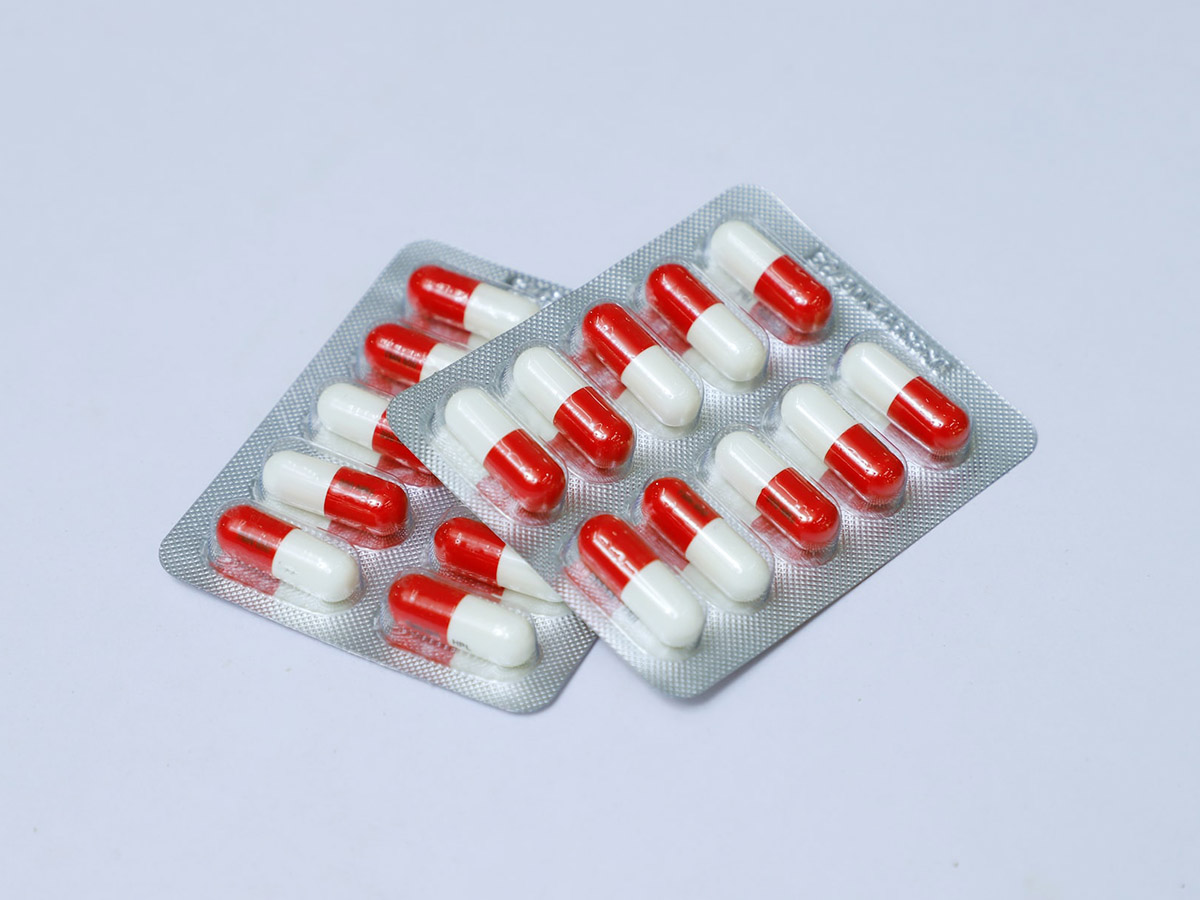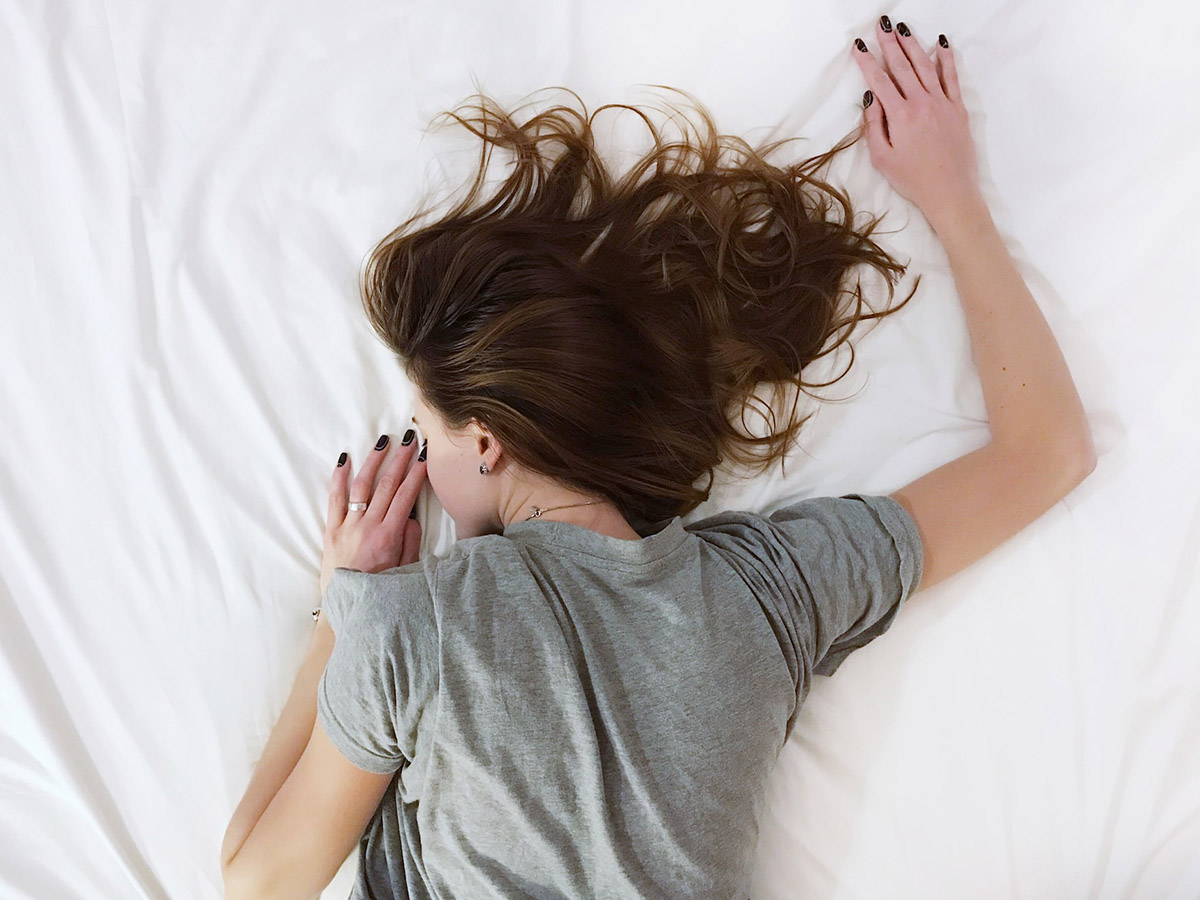For many people, getting a good night’s sleep is a top priority. But for some, it’s a struggle to get enough shut-eye. If you’re one of those people who have difficulty sleeping, you may have considered taking a nootropic. But what are nootropics? And more importantly, can they help you sleep better? In this blog post, we’re going to answer those questions and more. We’ll take a look at the benefits of nootropics for sleep, as well as the relationship between nootropics and sleep. We’ll also discuss how nootropics can affect your sleep cycle and the pros and cons of taking them for sleeping disorders.
The Benefits Of Nootropics For Sleep
The history of nootropics and their benefits for sleep is long and varied. In short, nootropic substances have been used to improve sleep quality for centuries. Today, there is a variety of different types of nootropics available, each with its own set of benefits.
How nootropics can improve sleep quality is perhaps the most well-known benefit of these substances. By improving sleep quality, nootropics can help people to feel more alert during the day and less stressed. Additionally, they can help people to get a better night’s rest – which can lead to improved performance the next day.
There is a variety of different types of nootropics available today – each with its own set of benefits and uses. It is important to choose the right one for you in order to get the most benefit from it. This means that it is important to consult with a healthcare professional before taking any nootropic substance.
Nootropics can also be beneficial for people who struggle to get a good night’s sleep. For example, nootropics may help people with insomnia to feel more rested and alert during the day. Additionally, they may help people to fall asleep faster and stay asleep longer.
Finally, nootropics can have other benefits for people in general. For example, they may improve cognitive function and mood stability. In addition, they may help to reduce anxiety and depression symptoms. It is important to note that not all types of nootropics are effective for everyone – it is essential that you speak with a healthcare professional before taking any of these substances if you have questions about their specific benefits for you.
How Nootropics Can Help You Sleep Better
Sleep is important. It allows us to recharge our batteries and refresh ourselves for the next day. Unfortunately, not everyone gets a good night’s sleep every night. This can lead to a variety of problems, including fatigue, poor concentration, and impaired memory recall.
Nootropics can help improve the quality of your sleep. They can help you fall asleep faster and stay asleep longer. Additionally, they can increase the amount of time you spend in deep sleep – which is key for restoring your energy levels and improving your overall mood. Finally, nootropics can also improve your daytime energy levels, making it easier for you to take on additional tasks during the day.
If you’re interested in improving the quality of your sleep, nootropic supplements may be a good option for you. There are a variety of different nootropics available on the market, and each one has its own unique benefits. Some nootropics work to improve your ability to fall asleep quickly and stay asleep for longer periods of time. Others can help you increase the amount of time you spend in deep sleep – which is key for restoring your energy levels and improving your mood.
Finally, some nootropics also have positive effects on daytime productivity. This means that they can make it easier for you to take on additional tasks during the day. Nootropic supplements are not without their risks, however. So before using them, it’s important to discuss with your doctor whether they’re right for you based on your specific situation and health condition.

The Best Nootropics For Sleep
There is a growing trend of people using nootropics to improve their sleep quality. This is due to the fact that there is a strong relationship between nootropics and sleep. In fact, many nootropic users report that their sleep quality has improved as a result of taking these supplements. Additionally, the benefits of using nootropics for sleep are numerous and range from cognitive enhancement to improved moods and energy levels.
Below, we have compiled a list of some of the best nootropics for improving sleep quality. However, it is important to note that different people respond differently to different substances, so please consult with your doctor before starting any supplement regimen. Furthermore, always remember to drink plenty of water while taking any supplements in order not to run into any unwanted side effects.
Some of the most popular nootropic supplements for sleep include:
-Choline: Choline is a nutrient that is essential for healthy brain function and has been shown to improve cognitive performance and enhance memory retention. Additionally, choline has been shown to help improve sleep quality by promoting relaxation and reducing anxiety.
-Ginkgo Biloba: Ginkgo biloba is well known for its ability to promote circulation and improve nerve function, which can lead to better overall health and improved eyesight. In addition, gingko biloba has been shown to be helpful in improving sleep quality by helping relieve anxiety and promoting relaxation.
-Valerian Root Extract: Valerian root extract is a natural sedative that assists people in falling asleep faster and deeper. Additionally, valerian root extract has also been found to reduce stress levels, which can contribute to improved sleeping habits overall.
The Worst Nootropics For Sleep
There are a lot of nootropics out there, and it can be hard to know which ones are safe and effective for sleep. Some of the worst nootropics for sleep may cause insomnia, reduce the quality of sleep, increase anxiety and stress, and lead to dependence. Before you take any type of nootropic for sleep, make sure to talk to your doctor first.
There are a few nootropics that have been specifically designed to improve sleep. These include choline supplements, magnesium, and L-theanine. Choline is a nutrient that is found in some food items and can be obtained through supplementation. Magnesium is another mineral that has been shown to improve sleep quality. It has anti-inflammatory properties and can help to regulate blood sugar levels. L-theanine is an amino acid that has been shown to reduce stress and anxiety levels. It is also considered an antioxidant, which may help to protect the brain from damage caused by free radicals.
How Nootropics Affect Your Sleep Cycle
Nootropics can help you get to sleep faster. This can be beneficial if you have a busy schedule and want to get some rest before the day begins. Additionally, nootropics can help you stay asleep longer. This is especially helpful if you experience difficulty sleeping or find it difficult to fall asleep at night.
Nootropics can also improve the quality of your sleep. For example, they can reduce anxiety or stress, which may lead to disrupted sleep patterns. Additionally, nootropics may help to improve concentration and memory during sleep, which may make it easier for you to wake up in the morning refreshed and ready for the day ahead.
However, like anything else, not all nootropics are created equal. You may need to experiment with different nootropics until you find one that works best for you.
There are many different nootropic compounds available on the market. Some of these compounds, such as caffeine and nicotine, are well-known for their effects on sleep and wakefulness. Other nootropics, like piracetam and aniracetam, are known for their additional cognitive benefits.
Some people find that certain nootropic compounds work better for them than others. For example, caffeine may work well for some people but not so well for others. You may need to experiment with different compounds to find one that works best for you.
The Pros And Cons Of Taking Nootropics For Sleep
If you’re looking for a way to improve your sleep quality, nootropics may be a good option for you. The potential benefits of taking these supplements include better concentration and productivity during the day, as well as improved sleep quality. However, it’s important to be aware of the possible side effects, which can include headaches and dizziness. It’s also important to be mindful of how much nootropics you take, as too much can have negative consequences.
Nootropics can be a great way to improve your sleep quality, but be aware of the possible side effects. Some people experience headaches and dizziness when taking these supplements, so it’s important to be mindful of how much you take and how it might affect you. Be sure to talk to your doctor if you’re considering using nootropics for sleep.
Is It Safe To Take Nootropics For Sleeping Disorders?
Nootropics are a safe and effective way to treat sleep disorders. They work by improving the quality of your sleep, which can improve overall health. Additionally, nootropics can help you fall asleep faster and stay asleep longer.
The most common types of nootropics used for the treatment of sleep disorders are called “smart drugs”. These drugs modify how your brain functions in order to allow you to fall asleep more easily and stay asleep longer.
Are There Any Risks Associated With Taking Nootropics For Sleep?
There are risks associated with taking any supplement, including nootropics. The most common side effects of taking nootropics are insomnia and headaches. Nootropics are not regulated by the FDA, so it is important to do your research before taking them. If you have any health conditions, it is important to speak with your doctor before taking any nootropics.
There is a small risk of developing cognitive side effects when taking nootropics. These side effects can include confusion, memory loss, and increased anxiety. Rarely, people have developed an addiction to nootropics. It is important to be aware of these risks and consult with your doctor before starting any supplement program.
Can Nootropics Help with Managing Anxiety?
Can nootropics for anxiety relief really help with managing anxiety? Many people are turning to these cognitive-enhancing supplements in hopes of finding relief. While research on their effectiveness is limited, some anecdotal evidence suggests that certain nootropics, such as ashwagandha and CBD, may have calming effects on the mind and body. However, it is important to consult with a healthcare professional before introducing any new supplements to your routine.
Nootropics and Sleep: In Summary
Nootropics can have a positive effect on sleep. They can help you fall asleep faster and stay asleep longer. Additionally, they can improve the quality of your sleep by reducing anxiety and stress levels. However, not all nootropics are created equal – it is important to speak with a healthcare professional before taking any of these substances, in order to ensure that they are right for you.
If you’re interested in improving your sleep quality, consider trying out one of the many different types of nootropics available on the market. With so many options available, there’s sure to be a nootropic that’s perfect for you!

